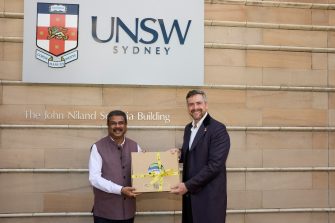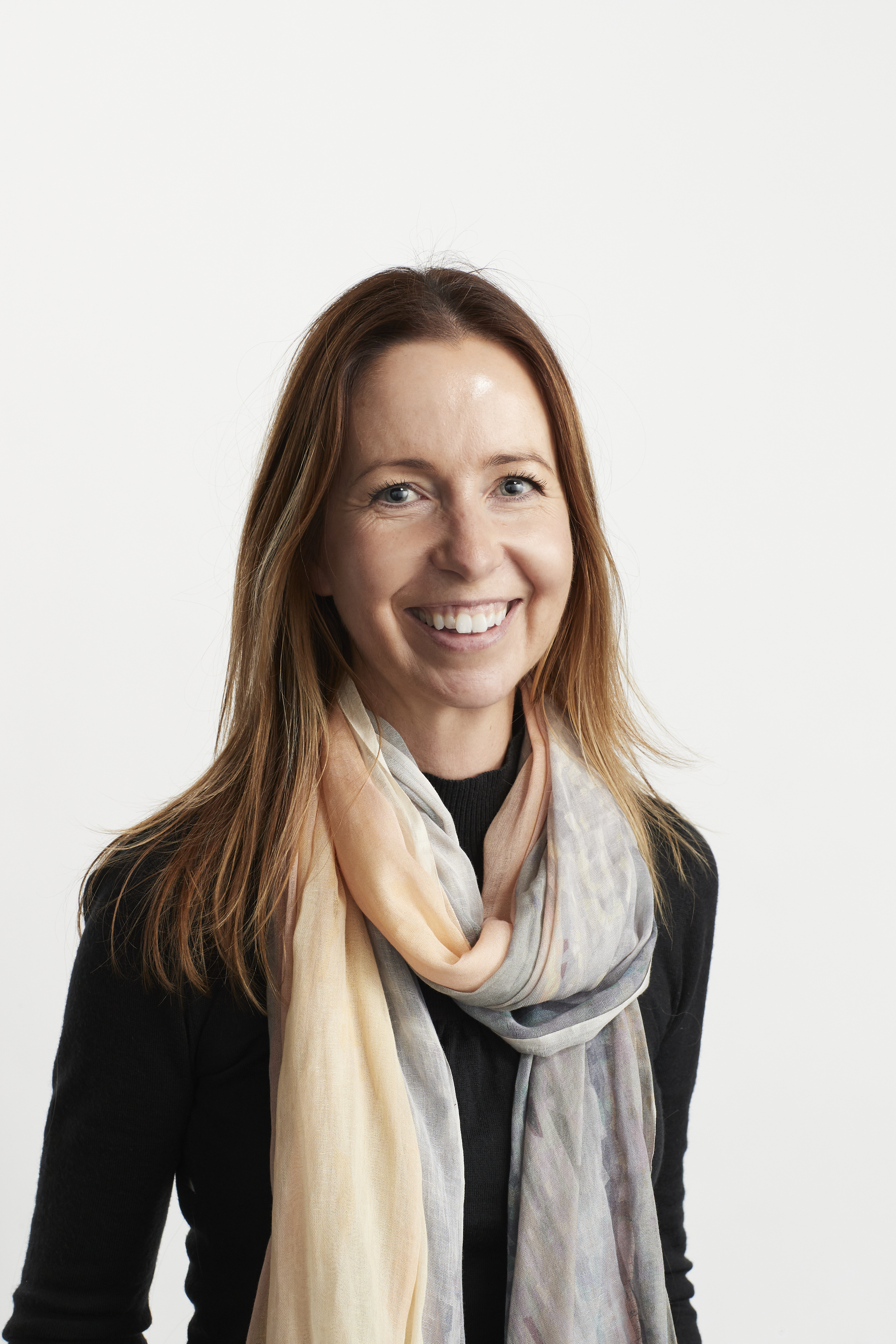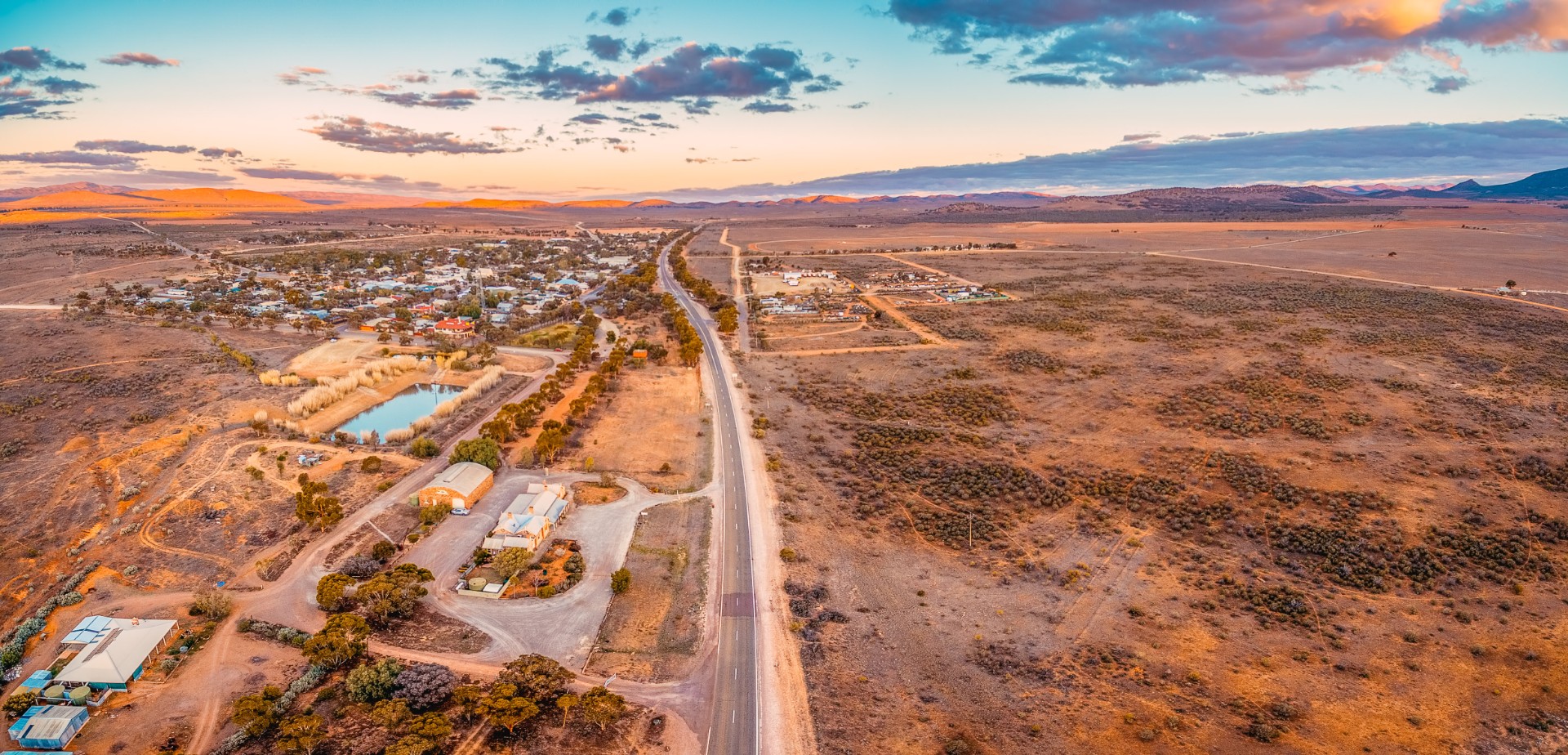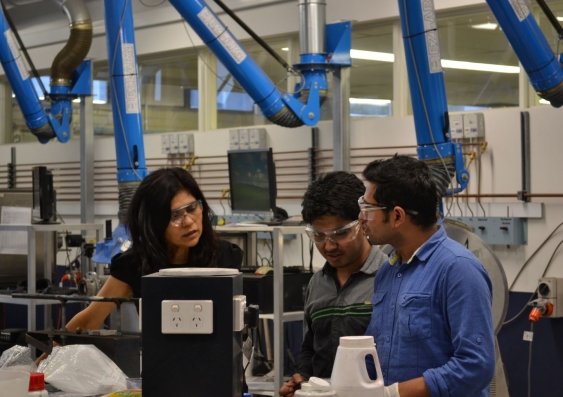UNSW hosts Indian Education Minister showcasing education and research ties
28 October 2024

Indian Minister for Education Shri Dharmendra Pradhan and UNSW Vice-Chancellor and President Professor Attila Brungs reaffirmed the deep friendship between UNSW and India.
Photo: UNSW
The visit highlighted Australia’s cutting-edge research and the University’s vibrant Indian community.
UNSW Sydney has welcomed the Indian Minister for Education Shri Dharmendra Pradhan and his delegation for a tour and discussions demonstrating the University’s expertise in solar and clean energy technology, waste recycling and support for startups.
During his visit to the Kensington campus, Minister Pradhan attended a lunch at The Lounge hosted by the Group of Eight (Go8), where he was joined by Indian students studying at the Climate Change Research Centre and UNSW Engineering.
Accompanying Minister Pradhan were Gopal Baglay, Indian High Commissioner to Australia, and representatives from the Indian Ministry of Skill Development and Entrepreneurship, and the Australian Federal Department of Education.
UNSW Vice-Chancellor and President Professor Attila Brungs said UNSW valued the important contribution Indian students and staff made to our classrooms, laboratories, campuses and partnerships.
“UNSW and India share a long and deep friendship that extends back 70 years – to the early days of the original Colombo Plan, when students from India first came to study with us.
“We currently have over 2000 students from India and over the decades our Indian students have become an intrinsic part of the vibrant life and culture of our University. They have also made an extraordinary contribution to broader Australian society during their time here and build critical lifelong connections between our two nations.
“We are committed to continuing our long friendship and to deepening our engagement with India. Our University has always valued innovation and world-leading research in areas that are important for the health and prosperity of people all over the world, and we welcome this opportunity to discuss how our expertise can, in partnership, contribute to key challenges and opportunities facing India,” Prof. Brungs said.
Addressing the students at lunch, Minister Pradhan asked how they were planning to contribute to the future economies of India and Australia. He said he hoped both countries would gain from the academic experiences they were having.
“Today more than 1 million Indians are here, working in Australia, contributing in different ways, gaining wisdom and knowledge in this great country,” he said.

Cutting-edge research
Minister Pradhan and his delegation were given a preview of some of UNSW’s key research initiatives, including solar and clean energy. They were introduced to the UNSW team working on high-efficiency silicon solar cells technologies, the basis of which is used in more than 90 per cent of the world’s solar manufacturing.
The delegation met UNSW academics, staff and students working on the Trailblazer for Recycling and Clean Energy (TRaCE) program, including clean energy, green fuels, and recycling and reusing waste materials.
UNSW Professor Veena Sahajwalla, who leads the Centre for Sustainable Materials and Research Technology (SMaRT) , discussed the Centre’s MICROfactorie technologies, which transform waste into valuable resources like Green Ceramics and Green Steel. The innovations not only address waste management challenges but promote green manufacturing practices.
Minister Pradhan and his delegation spoke with several startup founders who are engaging with – and making an impact in – India, and discussed the societal impacts the startups are having.

Indian community on campus
Minister Pradhan was joined during the lunch by three Indian students who shared their experiences studying at UNSW.
Greeshma Surendran, a PhD candidate at the Climate Change Research Centre, studies severe wind gusts generated from thunderstorm downdrafts. She chose to study at UNSW because of the Centre’s international reputation for bringing experts together from the fields of meteorology, oceanography, and climate modelling.
“UNSW’s strong network of global partnerships and access to state-of-the-art resources ensures I am equipped to conduct research that is highly relevant to pressing global challenges,” Ms Surendran said.
PhD students from UNSW Engineering, Saral Mittal and Md Aquib, study Mechanical and Manufacturing Engineering, and Chemical Engineering, respectively.
Mr Mittal said the structure of his course aligned well with his career goals, and he benefitted from the field-specific expertise of the laboratory led by Professor Gangadhara Prusty. While in Sydney, Mr Mittal said he loved spending time exploring Sydney’s “incredible” coastal trails.
Mr Aquib enjoyed Sydney’s lively city atmosphere and how it brought so many different cultures together. He said he was attracted to UNSW as it was renowned for high-impact research in chemical engineering and materials science.
“UNSW maintains close ties with industry and external research groups, offering opportunities for real-world applications of research,” Mr Aquib said.
Media enquiries
For enquiries about this story, please contact Yolande Hutchinson.
Tel: +61 420 845 023
Email: y.hutchinson@unsw.edu.au





